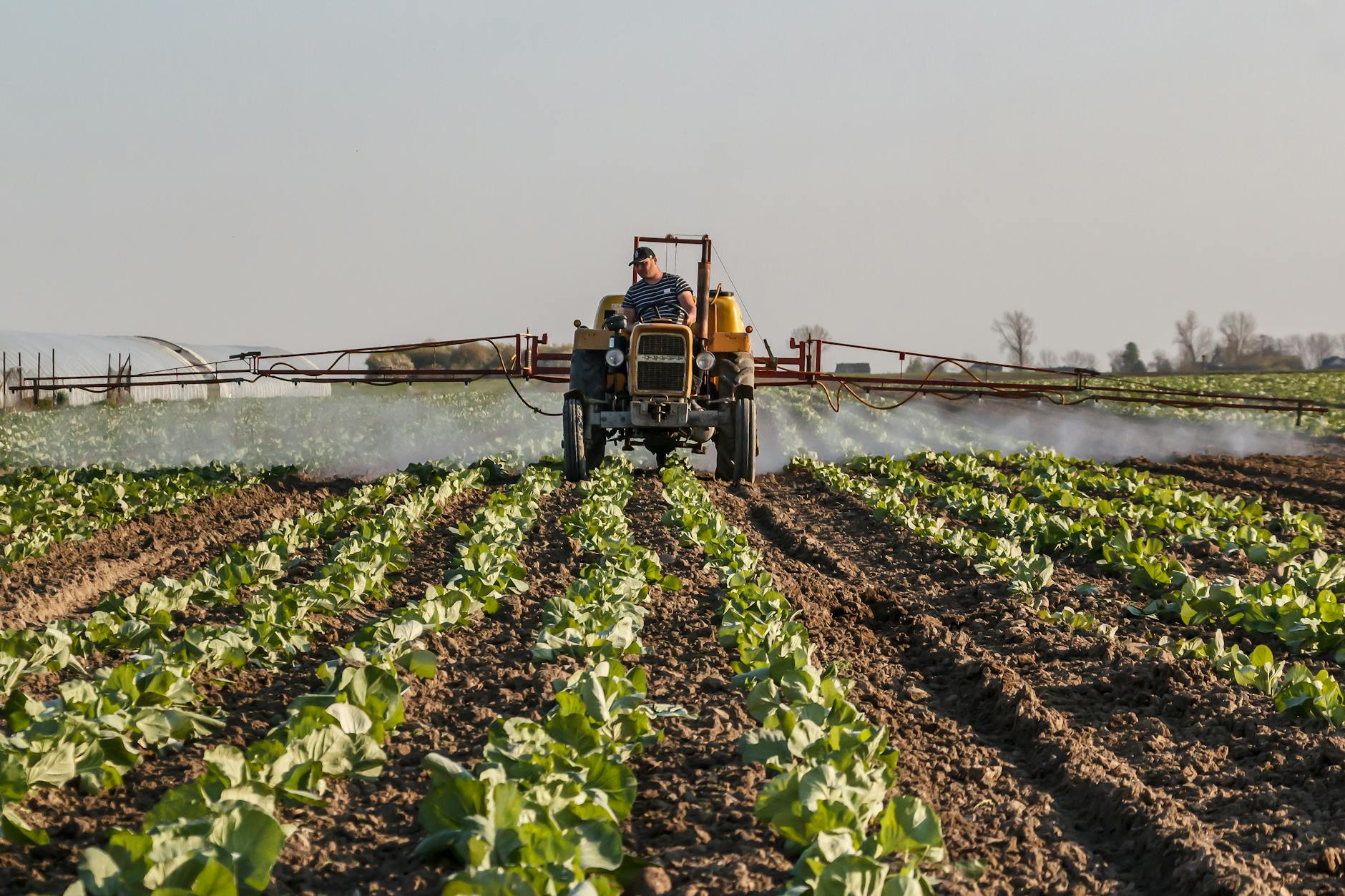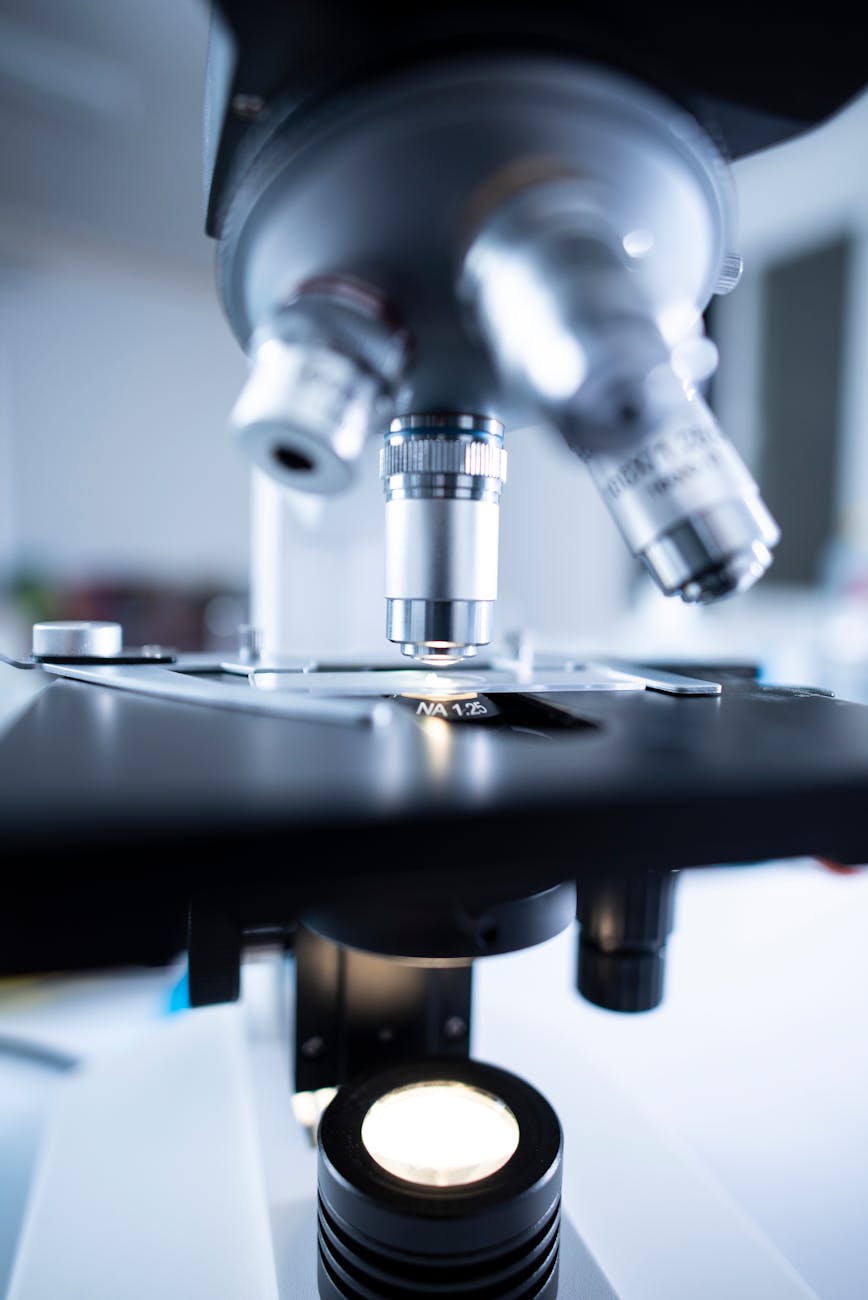Revolutionizing Agriculture: The Role of Biotech in Sustainable Farming

The Growing Need for Sustainable Agriculture
As the global population continues to expand, the demand for food production is on the rise. Traditional farming methods are no longer sufficient to meet this growing need, leading to the adoption of biotechnology in agriculture. Biotech offers innovative solutions to increase crop yields, improve pest resistance, and reduce the environmental impact of farming.
Enhancing Crop Resilience with Genetic Engineering
Genetic engineering allows scientists to modify the DNA of plants to enhance their resilience to biotic and abiotic stress factors. This technology has led to the development of genetically modified (GM) crops that can thrive in challenging environments and produce higher yields.
Biological Pest Control for Eco-Friendly Farming
Biotech also provides solutions for pest management through biological control methods. By utilizing natural predators or genetically engineered organisms, farmers can reduce the need for chemical pesticides, promoting eco-friendly farming practices that protect both crops and the environment.
Improving Soil Health and Nutrient Uptake
Soil health is essential for sustainable agriculture, and biotechnology offers ways to enhance nutrient uptake and soil fertility. By developing biofertilizers and plant growth-promoting microbes, farmers can improve crop productivity while reducing reliance on synthetic fertilizers.
Addressing Climate Change with Drought-Resistant Crops
Climate change poses a significant threat to global food security, with extreme weather events becoming more frequent. Biotech plays a crucial role in developing drought-resistant crops that can withstand water scarcity and mitigate the impact of climate-related challenges on agriculture.
The Future of Farming: Embracing Biotechnology
As we look towards a sustainable future, it is clear that biotechnology will continue to play a vital role in revolutionizing agriculture. By harnessing the power of biotech innovations, farmers can enhance food production, protect the environment, and ensure a stable food supply for future generations.





